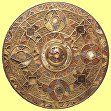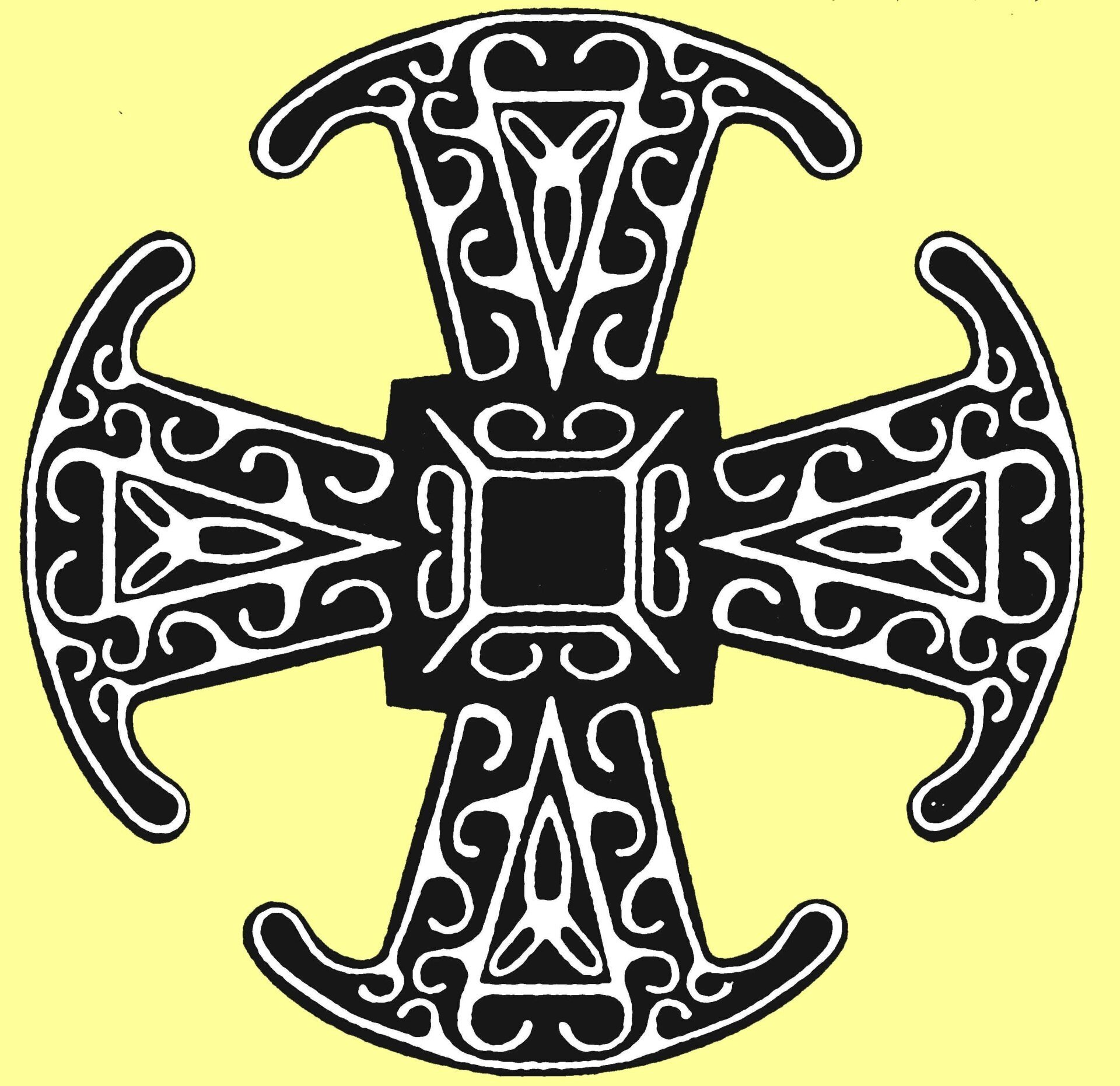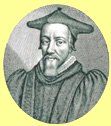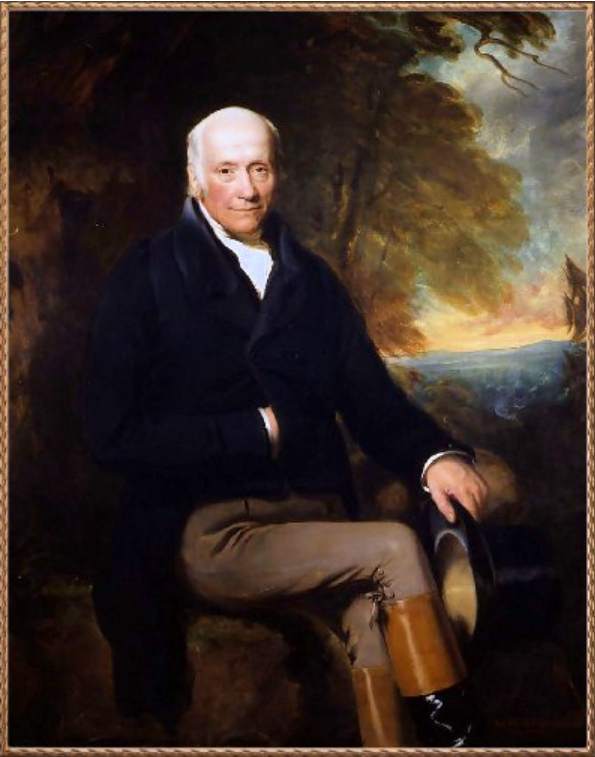Sir Henry Oxenden
The Oxenden family have, through the centuries, created a tradition of public service to Church and Crown.
Sir Henry's ancestor - Henry Oxenden (1608-70) was the first recorded owner of books, spending most of the Civil War period at his home in Barham, Kent. After his death his collection of more than 700 titles was inherited by his daughter Katherine.
The Oxenden family became linked with Barham towards the end of the 17th Century by the marriage of Elizabeth Dixwell, daughter of Sir Basil Dixwell of Broome to George Oxenden who was the great grandfather of Henry.
Sir Henry Oxenden of Broome Park
Henry was born on 14 May 1756 in London, an only child and was sent to Eton at the age of 7 and then to Cambridge where, on one occasion, he undertook to construct by morning, a machine which would carry him by sail over a measured mile of ice in five minutes. On his return to Barham it was not unusual for travellers on the Dover Road to see the same machine with a crew of three skimming along Barham Downs at a speed of some 15 - 30 miles per hour.
Sir Henry managed the lowering of Bridge Hill and the hill opposite Barham Court in his work as a Commissioner of Dover Harbour, a post that he held for 50 years whilst also commanding a troop of Yeomanry in the early years of the Napoleonic Wars.
Sir Henry's wife Mary bore him 12 children of whom 11 survived him. On succeeding to his title and estate his major interest was the care of his fine flocks of 1200 - 1400 Southdown sheep and improvement of his land by methods which placed him in the forefront of agriculturists of his time.
Sir Henry died on 22 September 1838 at Broome Park and was buried in Barham Church which was draped in black. One of ten coffin bearers was his old friend the Duke of Wellington. He is buried with his wife in the Lady Chapel.
His obituary in The Gentleman's Magazine says "His tenantry have lost a kind, considerate, liberal landlord and; East Kent has to regret parting wqith one of the few remaining perfect Old English country gentleman".





